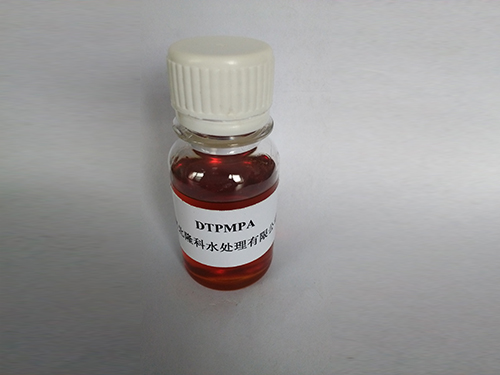flocculant chemical
The Role of Flocculant Chemicals in Water Treatment
Flocculant chemicals play a critical role in the water treatment process, which is essential for ensuring that water is safe for consumption and environmental discharge. These substances are used to aid in the removal of suspended particles, colloids, and other impurities from water, enhancing the overall efficiency of both municipal and industrial water treatment facilities.
Understanding Flocculants
Flocculants are typically polymer-based compounds that promote the agglomeration of small particles into a floc, or larger particle mass, that can be more easily removed from water. Their effectiveness hinges on their ability to alter the surface properties of suspended particles, thus facilitating their clumping together. This process is vital in various stages of water treatment, including sedimentation, filtration, and even final disinfection.
Flocculants are categorized into two primary types natural and synthetic. Natural flocculants, such as those derived from plant materials like starch and chitosan, are considered eco-friendly and biodegradable. Synthetic flocculants, on the other hand, often derive from petrochemical sources and can be tailored to exhibit specific properties, making them suitable for various applications, including wastewater management and industrial processes.
Applications of Flocculants
1. Municipal Water Treatment In municipal settings, flocculants are employed to improve the clarity and quality of drinking water. They are added during the coagulation step of the treatment process, helping to remove silt, bacteria, and other contaminants. After the flocculation process, the larger flocs settle out in sedimentation tanks, allowing for the clear water to be filtered and treated further before entering the distribution system.
2. Industrial Wastewater Treatment Industries generating wastewater heavily rely on flocculants to facilitate the treatment of effluents. High concentrations of suspended solids can hinder treatment processes and negatively impact the environment. By using flocculants, industries can enhance the removal of these solids, thus improving the quality of the treated effluent and ensuring compliance with environmental regulations.
3. Mining and Mineral Processing In the mining sector, flocculants are indispensable in the extraction and processing of minerals. They help separate valuable minerals from waste materials, which not only increases resource recovery but also reduces the environmental footprint of mining operations.
flocculant chemical

4. Paper and Pulp Production The paper industry uses flocculants in several stages, including the retention of fibers and fillers, improving drainage rates and reducing water consumption during production processes.
Benefits of Using Flocculants
The primary benefit of utilizing flocculants is the significant reduction in the time and cost associated with the treatment of water and wastewater. By enhancing the sedimentation process, flocculants allow for quicker and more efficient removal of suspended solids, reducing the volume of sludge produced. Moreover, the increased efficiency often translates into lower operational costs for water treatment facilities.
Another advantage is the potential for reduced chemical usage. Effective flocculation can reduce the need for additional chemicals, such as coagulants, thereby minimizing chemical costs and environmental impact.
Challenges and Considerations
Despite their benefits, the use of flocculants is not without challenges. The selection of an appropriate flocculant must take into account factors such as water chemistry, type and concentration of contaminants, and desired treatment outcomes. Additionally, improper dosages can lead to ineffective flocculation or create new challenges, such as the formation of difficult-to-remove flocs.
Environmental concerns also arise, particularly with synthetic flocculants. While they may be effective, attention must be paid to their long-term impact on ecosystems when released into the environment.
Conclusion
Flocculant chemicals are integral to modern water and wastewater treatment processes. Their ability to enhance the removal of suspended solids makes them invaluable across various applications. As the demand for clean water continues to grow, the role of flocculants will undoubtedly expand, driving innovations in water treatment technologies. By balancing effectiveness with environmental responsibility, the future of flocculant use holds promise for sustainable water management practices.
-
lk-319-special-scale-and-corrosion-inhibitor-for-steel-plants-advanced-solutions-for-industrial-water-systemsNewsAug.22,2025
-
flocculant-water-treatment-essential-chemical-solutions-for-purification-processesNewsAug.22,2025
-
isothiazolinones-versatile-microbial-control-agents-for-industrial-and-consumer-applicationsNewsAug.22,2025
-
scale-inhibitor-key-solutions-for-water-system-scale-preventionNewsAug.22,2025
-
organophosphonates-versatile-scale-inhibitors-for-industrial-water-systemsNewsAug.22,2025
-
scale-and-corrosion-inhibitor-essential-chemical-solutions-for-water-system-maintenanceNewsAug.22,2025





